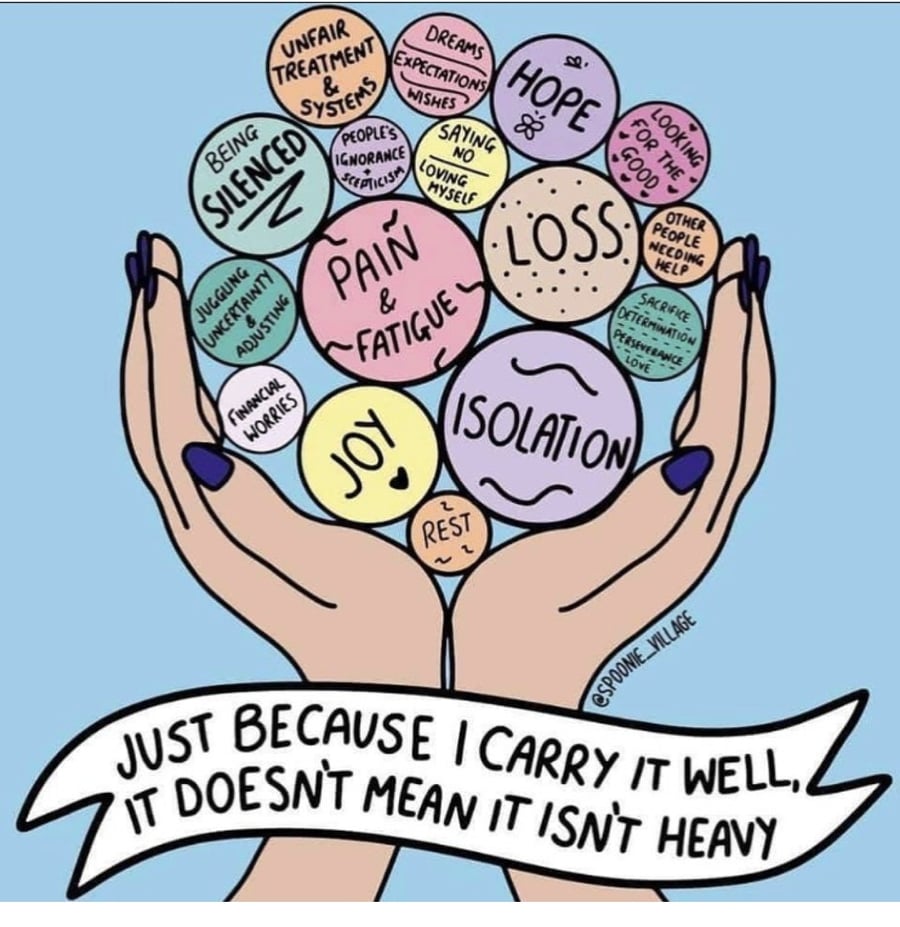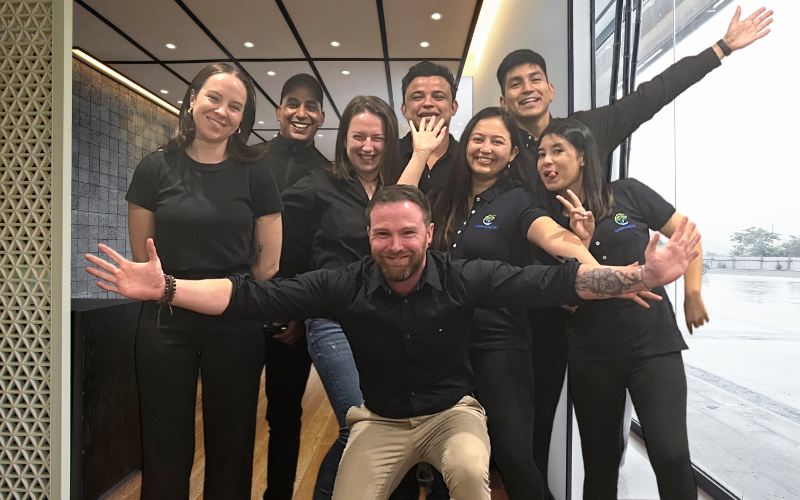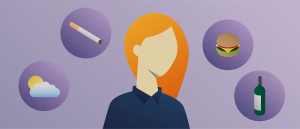Understanding Invisible Disabilities: Unseen Challenges, Real Struggles

Invisible disabilities refer to conditions that individuals may have that aren’t immediately visible to the naked eye. These can be challenges and struggles that impact their lives in many ways. Some examples of invisible disabilities are Autism, ADHD, learning disabilities, chronic pain, depression and anxiety, to name a few. Though invisible disabilities are not always recognized, it’s essential to understand their significance and their effects on individuals experiencing them. In this blog post, we will discuss what invisible disabilities are and how they can pose real challenges and struggles for people with them.
1. Defining Invisible Disabilities:
Invisible disabilities aren’t immediately visible on the surface, but they still have significant impacts on individuals. They may manifest as mental, physical, or neurological conditions. The degree of disability experienced will depend on the individual’s condition and may range from mild to severe impairment. Some invisible disabilities are visible only to close friends or family, leading loved ones to sometimes dismiss it as a minor issue, further compounding the impact of the disability on the person.
2. Challenges and Struggles Associated with Invisible Disabilities:
Individuals with invisible disabilities face different challenges associated with various aspects of daily life. These can occur in academic, occupational, or social settings. For instance, someone with ADHD may have trouble focusing on tasks, which can affect their performance at school or work. Similarly, a person with depression might have difficulty sleeping or getting out of bed, which can also impact their performance at work, school, relationships or normal daily activities. Invisible disabilities can also lead to people feeling judged, marginalized, or unsupported by their community.
3. Understanding the Need for Accommodations:
Accommodations can help individuals with invisible disabilities overcome many challenges and struggles. These could involve simple adjustments like providing extra time for assignments, providing a quiet working environment or, in severe cases, assistive technology. Unfortunately, many individuals with invisible disabilities may face challenges in seeking accommodations due to stigma, lack of awareness, or lack of resources.
4. Advocating for Change:
More awareness, education, and advocacy are needed to make society more inclusive for people with invisible disabilities. This could start with improving accessibility in our community, such as more assistive technologies and mental health awareness programs. Additionally, mental health-first aid training should be available for facility staff or front-line workers who work with the public. This increased awareness will help to break the stigma associated with invisible disabilities and promote inclusion.
5. Providing Support:
Lastly, it’s essential to offer support to family and friends who have invisible disabilities. Providing a listening ear and a supportive shoulder can go a long way to improving an individual’s confidence and mental health and to overcome their challenges and struggles. Moreover, it’s also crucial to develop and provide support groups for individuals with invisible disabilities. This will provide a platform for peer interactions, sharing of resources, and a safe space to discuss experiences.
Conclusion:
Invisible disabilities bring real challenges that should not be ignored. People living with invisible disabilities deserve to be supported, understood, and included in society. As a society, we must make deliberate efforts to understand the nature of invisible disabilities, provide accommodations, and advocate for change. Greater awareness and support will create a more inclusive society, a society that understands that each of us has varying needs that require different types of accommodations and understanding.
Book a free Consultation with us today!
Mobile : 1800960068
Email : contactus@iseeksupport.au









